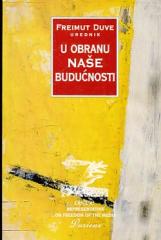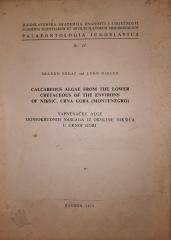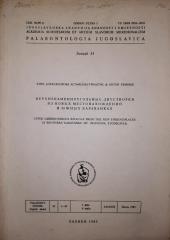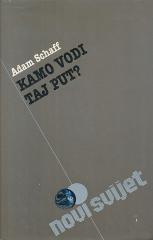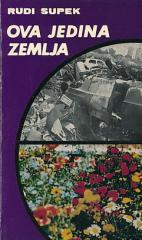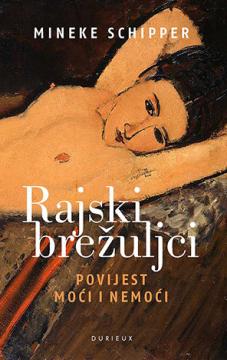
Rajski brežuljci: Povijest moći i nemoći
In her book, Mineke Schipper explores cultures throughout history to describe the complex relationship men have with the female body. Despite the symbiotic relationship between the sexes, men have always had greater power than women, and at the root of it
Mineke Schipper, a Dutch writer and scholar, explores the cultural history of breastfeeding and the symbolism of the breast across centuries and civilizations. The book, published in 1996 (Croatian translation 2002, Matica hrvatska), analyzes how breasts, as symbols of life, fertility, and sexuality, have shaped social, religious, and artistic narratives, while simultaneously revealing the dynamics of power and powerlessness associated with this part of the body.
Schipper explores the dual role of the breast: as a source of food and a symbol of motherhood, but also as an object of desire and control. Through historical, mythological, and literary examples, from ancient civilizations (Egypt, Mesopotamia) to modern times, she shows how breasts have been celebrated in art and religion (e.g., fertility goddesses), but also subjected to social norms and censorship. She analyzes the role of breastfeeding in different cultures, including taboos, rituals, and medical practices, and how patriarchal systems have often controlled the female body, imposing ideals of beauty or shame.
The book also deals with contemporary contexts, such as the commercialization of breasts in the media and medical debates about breastfeeding versus artificial nutrition. Schipper uses an interdisciplinary approach, combining anthropology, literature and feminist theory, with a rich iconography. The work was praised for its erudition and courage in discussing a taboo subject, but also criticized for occasional generalizations. It offers insight into how cultural constructs shape the perception of the body and gender roles.
Jedan primjerak je u ponudi
